- The Runway Ventures
- Posts
- 🤯 How Prefer made beanless coffee that's 2x cheaper and 90% greener
🤯 How Prefer made beanless coffee that's 2x cheaper and 90% greener
And how they got 100% inbound sales with guerrilla marketing and hit $15M in B2B deals pipeline...
Hey Founders,
👋🏻 Welcome to The Runway Ventures (🎙️Podcast Edition) — where I interview founders and deep dive into their stories to help you become the top 1% founder by learning from their startup journey and mistakes with actionable insights.
Today’s story is about how Prefer got 100% inbound sales with guerrilla marketing and hit $15M in B2B deals pipeline. Let’s get to it! 🚀
Today at a Glance:
🫡 1 Founder → Jake Berber (co-founder & CEO of Prefer)
⚠️ 2 Mistakes → Hired based on skills (not culture fit)
🧠 3 Lessons Learned → Always listen to your customers
🔗 The Runway Insights → How the smartest founders are already winning with AI
💰 Southeast Asia Funding Radar → Airalo becomes the first eSIM unicorn after raising $220M led by CVC
🫡 1 Founder: Jake Berber (co-founder & CEO of Prefer)
🌟 The Highlights
🇸🇬 Jake Berber, a neuroscience grad turned biotech ops guy, co-founded Prefer with DJ (Ding Jie) in Nov 2022 after meeting each other at Entrepreneur First’s Singapore cohort. Their vision? To future-proof coffee from the impacts of climate change by making bean-free coffee that is delicious, affordable, and sustainable.
🫡 Jake’s founder story
Growing up in Texas, entrepreneurship was in his blood (dad and 3 older brothers all ran their own ventures), but Jake took a detour into neuroscience — playing college tennis in LA, hitting the library hard, and eventually landing as employee #5 at a biotech startup in Tel Aviv.
After that, he pivoted into VC, hunting for the next big thing in sustainable food tech — and that’s when the idea for bean‑free coffee was born.
🤝🏻 Fast forward to mid‑2022, Jake moved to Singapore, joined Entrepreneur First, and met DJ, a food‑tech whiz (aka the “Prince of Fermentation”). They quickly realised that fermentation could recreate flavours under threat (coffee and chocolate) at a fraction of the cost and carbon footprint.
☕️ So Jake handled the commercial side, DJ cooked up the first (terrible‑tasting) prototype in his kitchen, and they buzzed through 50 customer interviews before raising their pre‑seed to build a tastier MVP.
The Problem — ☕️ Coffee farming is in crisis as climate change has endangered ~60% of coffee species and driven prices to near 50-year highs.
That spike is squeezing everyone from farmers to instant‑coffee brands, forcing companies to look for ways to cut ingredient costs while also grappling with coffee’s hefty carbon footprint.
Big coffee brands have no choice but to increase coffee prices, making it more and more inaccessible to people.
The Solution — 🤯 Prefer replaces actual coffee beans with a bean‑free, fermentation‑based coffee ingredient. Here’s how it works:
Upcycle waste — Take food‑industry by‑products (like surplus bread, okara from soy, and spent grain) as the raw material.
Ferment — Use proprietary, food‑safe microbes to convert those substrates into coffee‑like flavour compounds.
Roast & grind — Treat the fermented cakes exactly like coffee beans — roast them, grind them, and package them as a drop‑in coffee powder.
☕️ The end product is a bean-free ground coffee alternative that tastes and smells like real coffee, but:
→ Costs up to 2× less than commodity coffee (and under a licensing model, can be up to 10× cheaper).
→ Carries roughly one‑tenth the carbon footprint of traditional beans.
🫡 They tested the idea thoroughly. Customer interviews confirmed coffee prices were sky-high, and B2B buyers would switch to an affordable lookalike. By early 2024 Prefer had proved enough traction to close a $2 million seed round (led by Forge Ventures, with 500 Global, SEEDS, EF and others) With that funding they built a pilot facility. Soon Prefer’s bean-free coffee began rolling out into the market. By mid-2024 it was at about a dozen cafes, restaurants and quick-service outlets in Singapore (even used as a default decaf or extra-caffeine option). |
Holy shit, customers are pulling us — not the other way around.
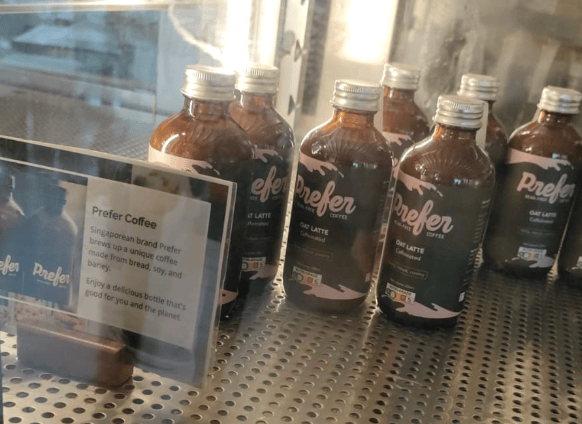
Got a bottle for myself when I saw Prefer was in Google’s fridges during a meetup there 🤪
🚀 Their wins? Wild traction from day one:
Prototype in weeks — DJ whipped up a V1 in his kitchen.
B2B love — Instead of baristas, they targeted FMCGs hurting from bean costs.
Instant inbound demand from Korea, Thailand, and Australia.
They even landed in Google’s fridges.
Viral LinkedIn hustle — Jake’s posts with his signature photoshopped giant prefer bottles hit 1M+ monthly impressions.
Zero ad spend. Sales poured in.
IP licensing game-changer — Big players wanted to license their tech.
Prefer could scale without massive factories — just teach others to brew it, and take royalties.
At its peak, the team was riding high on momentum — raising funds, landing partners, and getting rave reviews — and it looked like Prefer is going to shake up the coffee industry.
🌋 The Lowlights
Behind the scenes, that was our last month of runway. We weren’t going to make payroll the next month. I remember walking around Marina Bay, just like, hat’s down. I was just crying walking around, just like, “This is over.”
But behind the hype? Sheer panic.
🙏🏻 During their fundraise, Prefer had one month of cash left. They couldn’t even make the next payroll until the wire arrived.
Then, Jake also shared that they made the mistake of hiring based on skills instead of culture fit in those early hiring rounds.
🦄 They hired technically strong candidates who weren’t fully aligned with the startup’s “all‑hands‑on‑deck” mindset.
As onboarding costs piled up, a few of these hires turned out to be a poor match for the team’s fast‑paced, resource‑constrained environment, leading to awkward partings and a hit to both morale and runway.
🚀 The Comeback
💪🏻 Fortunately, luck and persistence (and good investor faith) prevailed. Within days the $2M finally hit their account, and just like that they were “back to building”.
With a fresh runway, the team regrouped and resolved to apply those lessons. They tightened the hiring process to ensure every new teammate truly “doubles down” on the mission with culture fit.
They also pivoted smartly.
💫 One big strategic shift was a 2-pronged business model:
Supplier of bean-free coffee ingredients
Licensor of their recipe / IP
In practice Prefer licenses its fermentation know-how to big food companies, taking a royalty while those partners scale up production themselves.
💰 This CAPEX-light licensing model has attracted a lot of interest because large FMCGs could scale up as quickly as they want without relying on their scale, making it a “win-win”. (and the license-driven approach is effectively their route to a billion-dollar business).
By mid-2025 Prefer was everywhere.
🚀 Prefer coffee is stocked in about 75 outlets across Singapore — and they’re on track to hit 100 by year’s end. They’ve signed roughly $15M in non-binding offtake agreements with major B2B partners (FMCGs, ingredient manufacturers, and coffee chains), and they’re ramping up production (building up to 500 tonnes/year via toll-manufacturing) to meet demand.
📌 Here’s the TLDR of Prefer:
Sep 2022 — Jake Berber and DJ met in the Entrepreneur First accelerator in Singapore and founded Prefer to tackle coffee’s climate and cost crises.
2024
Feb — Raised a $2 million (seed round) led by Forge Ventures and 500 Global.
Jun — Bean‑free coffee launched in roughly a dozen cafés, restaurants and office outlets across Singapore.
2025
Jan — Debuted a cocoa‑free beanless chocolate bar built on the same fermentation platform.
Mar — Signed about $15 million in offtake letters with major FMCG and coffee‑ingredient partners.
Stocked in 75+ outlets (with a 100‑outlet target).
Expanded to Korea/Thailand via inbound demand.
Started IP licensing model.
The team hit 12.
Jul — Co‑launched a Coconut Latte ice‑cream with Melvados, marking Asia’s first ice cream made with bean‑free coffee.
☕️ Prefer’s fighting climate change by reinventing coffee — no beans needed.
From kitchen experiments to near-death experiences, they’ve hustled and listened their way into partnerships with global giants.
Their secret? Listen to customers and let customers’ demands pull you forward. Coffee’s future might just be bean-free, fermented, and freakishly resilient.
Want to learn more about Prefer?
⚠️ 2 Mistakes
Mistake 1: Hired based on skills (not culture fit)
The biggest mistake we’ve made is maybe over‑hiring based on skills and under‑hiring on culture fit.
Early on, Prefer hired technically strong candidates who weren’t fully aligned with the startup’s “all‑hands‑on‑deck” mindset.
A couple of technically great folks simply didn’t gel, which meant costly onboarding, awkward off-boarding, and morale dips when teammates left.
🫡 Now, Jake asks this question before hiring anyone, “Would I work 12 hrs/day with this person for 10 years? If not — no hire.”
Mistake 2: The “Built it & They’ll Come” hardware delusion
We thought climate impact was the hook. Turns out, CFOs only care when you say: “Your margins are bleeding. We can fix it.”
Jake and DJ built their first bean-free coffee prototype in a kitchen, convinced sustainability alone would make FMCGs line up.
But the reality?
Big coffee chains didn’t care about "saving the planet" — they cared about soaring bean costs (coffee prices hit all-time highs in 2024).
Their initial B2B pitches flopped because they led with "eco-friendly," not "we’ll cut your ingredient costs by 30%."
🧠 3 Lessons Learned
Lesson 1: Hire for mission (not just metrics)
In a scrappy startup, your first 10 hires define your culture.
Skills can always be learned.
Culture fit? It starts from Day 1.
🌮 Key Takeaways:
🧪 The “12-Year Test”
Ask “Could you work 12 hours/day with this person for 12 years?”
If your gut says no → don’t hire.
💪🏻 Scars > Credentials
Prioritise candidates who’ve:
Shipped products that flopped
Survived funding crises
Pivoted after rejection
🧠 Growth mindset > Instant expertise
In fast‑evolving fields (food tech, climate hardware, med‑tech, AI), you want learners, not know‑it‑alls.
Look for signals:
Did they teach themselves a new language or tool mid‑project?
Have they ever led a project outside their comfort zone?
Lesson 2: Always listen to your customers
Customers don’t care about your ‘vision’ — they care about their pain. Shut up. Let them talk. Then build exactly what they ask for.
Early on at Prefer, every product tweak and business decision came straight from customer feedback.
💰 When large FMCGs started asking not just for powdered coffee but for the recipe itself, Jake and DJ didn’t cling to their original model — they leaned in. That direct request sparked their CAPEX‑light IP licensing offering, unlocking a whole new revenue stream.
Build what your customers want. Solve their problems. And you’ll win.
🌮 Key Takeaways:
💯 Create a “Voice of Customer” scorecard
It’s a simple spreadsheet or dashboard where every customer request, complaint, and praise gets logged.
After every sales call, support ticket, product demo or trade show, capture:
Request (e.g. “I need a private‑label option”)
Volume (# of times you’ve heard it)
Impact (High if it unlocks a new market segment, Medium if it’s a nice‑to‑have, Low otherwise)
You’ll spot the top 3 asks in real-time, so you can prioritise sprints around the features or offers that really move the needle.
Lesson 3: Creative marketing to win the B2B game
🤯 Jake hit the streets of Singapore with nothing but empty Prefer bottles and a sense of mischief. They propped “empty” bottles on recycling bins in high‑footfall areas, creating the illusion that “everyone’s drinking Prefer” — and sales spiked every time they freshened the display. |
🤪 Instead of plain product shots, Jake used giant, hyper‑edited images with a cheeky hook, then backed it up with a fast‑paced, value‑packed LinkedIn post. The result? Over 1 million impressions/month — all for zero ad spend. |
🌮 Key Takeaways:
🤖 Brainstorm with AI, execute on foot
Tip — Feed ChatGPT (or your fave AI) a prompt like “100 guerrilla marketing ideas for a B2B hardware brand on a $0 budget.”
Run It — Pick one idea per month, assign a mini‑budget (i.e. $ 50 for props), and set a simple success metric (inbound leads or social mentions).
Measure & Repeat — If “bottle‑on‑bins” drove 5 inbound trials, try a new stunt next month — maybe branded coasters in café lobbies or QR‑code stickers on coffee shop espresso machines.
🪝 Master the Hook‑Body‑Image formula on LinkedIn
Hook — One punchy line that doesn’t give away the whole story.
Body — Mix a quick anecdote + data point (“Our bean‑free coffee cuts partner costs by 40 % — and they didn’t notice the swap!”).
Image — Go BIG and bizarre (oversized products, wild colour contrasts, or a behind‑the‑scenes snapshot).
Repurpose — Turn every LinkedIn post into an Instagram Reel or TikTok. Cross‑post for max reach.
🔗 The Runway Insights
How the smartest founders are already winning with AI (Link)
The founder’s guide to building a V1 of customer success (Link)
Clear thinking to make better decisions (Link)
How to talk about your competition (without sounding like a jerk) (Link)
A practical guide to tying feedback to culture (Link)
Why you should bootstrapping your company (not VC-backed) (Link)
💰 Southeast Asia Funding Radar
Airalo becomes the first eSIM unicorn after raising $220M led by CVC (Link)
Augmentus raises $11M (Series A+) to scale its no-code robotics platform (Link)
Sirsak raises $600K (pre-seed) to expand packaging waste recovery in Indonesia (Link)
Transcelestial raises funding to expand laser network in Japan and Australia (Link)
🤝🏻 Before you go: Here are 2 ways I can help you
Founder Office Hours: Book a 1-1 call with me, share your problems and questions, and I'll help you cut through the noise, avoid costly mistakes, and get clear next steps that actually work. I help early-stage founders with:
Validating ideas & building MVPs
Tech & product development
GTM strategy & fundraising
Finding PMF & growth hacks
Growing & monetising newsletters
Attract customers & investors by building a solid founder brand on LinkedIn
Promote your business to 18,000+ founders: Acquire high-value leads and customers for your business by getting your brand in front of highly engaged startup founders and operators in Asia.
💃 Rate Today’s Edition
What'd you think of today's edition?Your feedback helps me create better content for you! |
That’s all for today
Thanks for reading. I hope you enjoyed today's issue. More than that, I hope you’ve learned some actionable tips to build and grow your business.
You can always write to me by simply replying to this newsletter and we can chat.
See you again next week.
- Admond
Disclaimer: The Runway Ventures content is for informational purposes only. Unless otherwise stated, any opinions expressed above belong solely to the author.

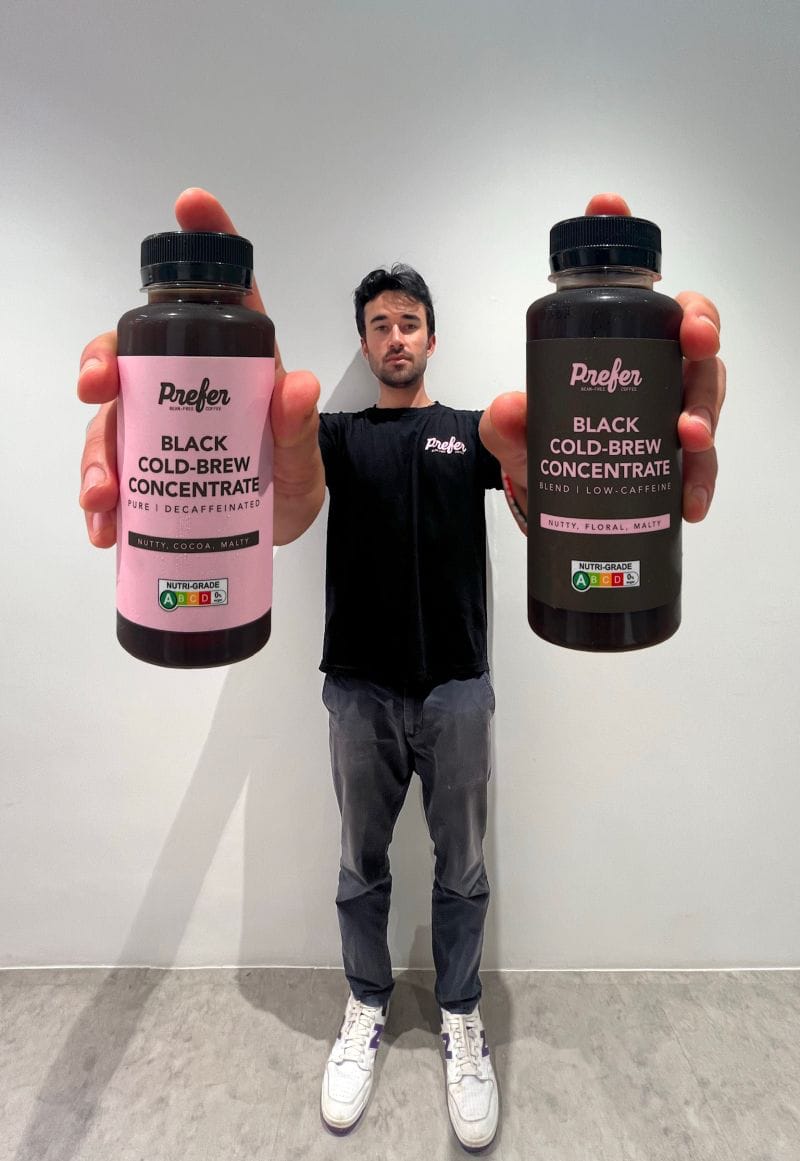
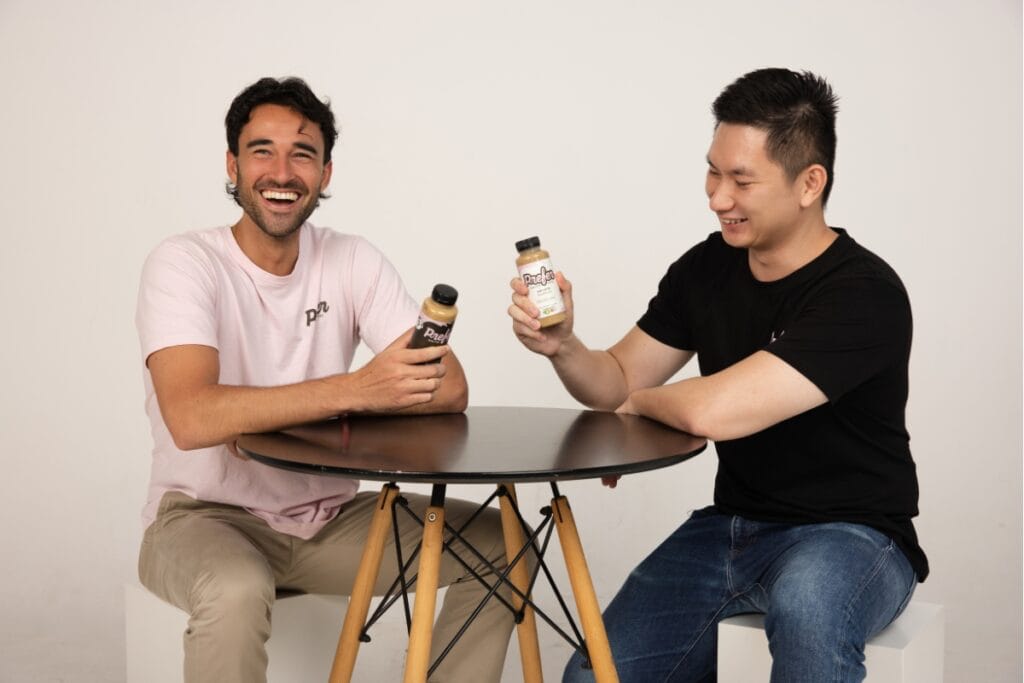
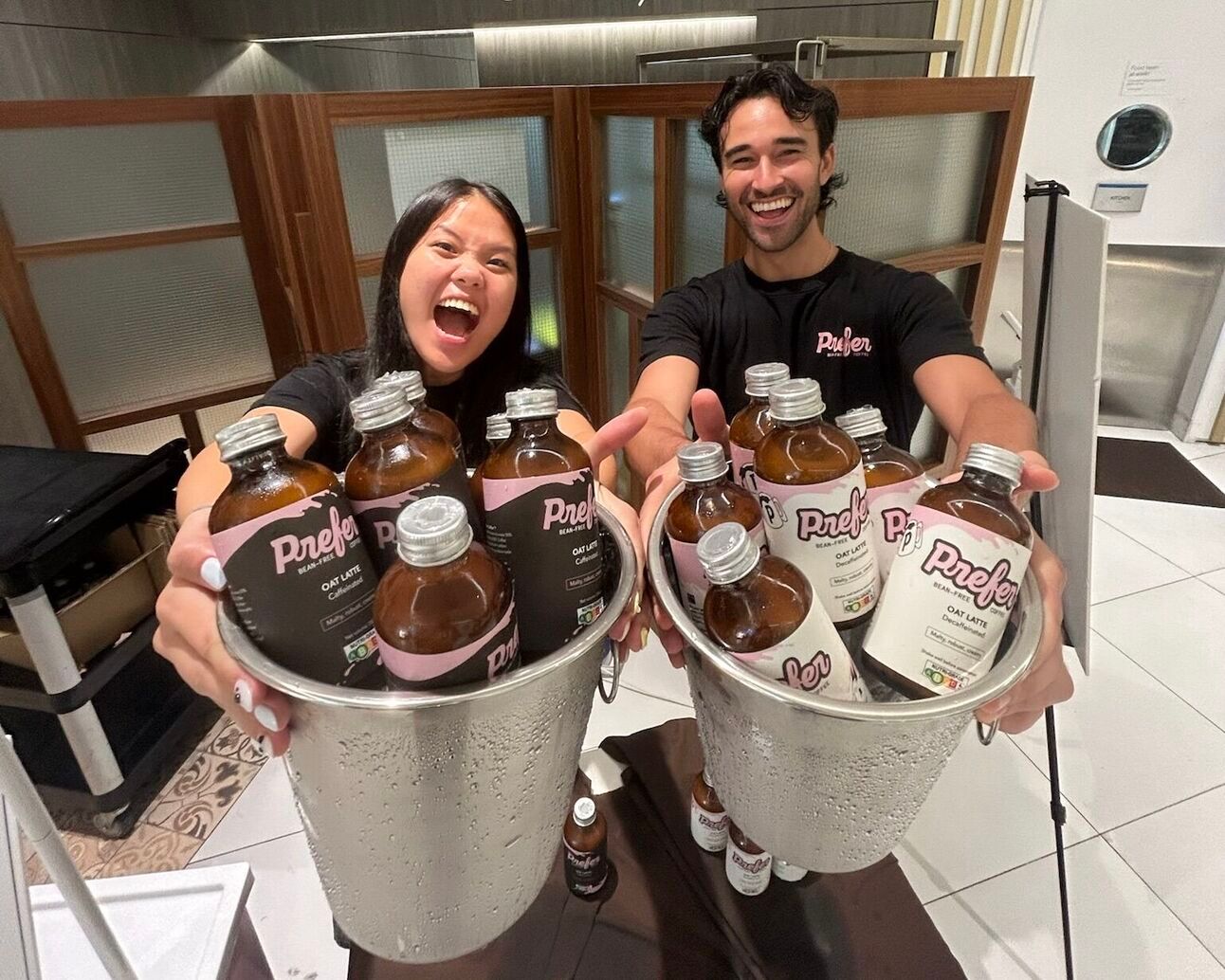
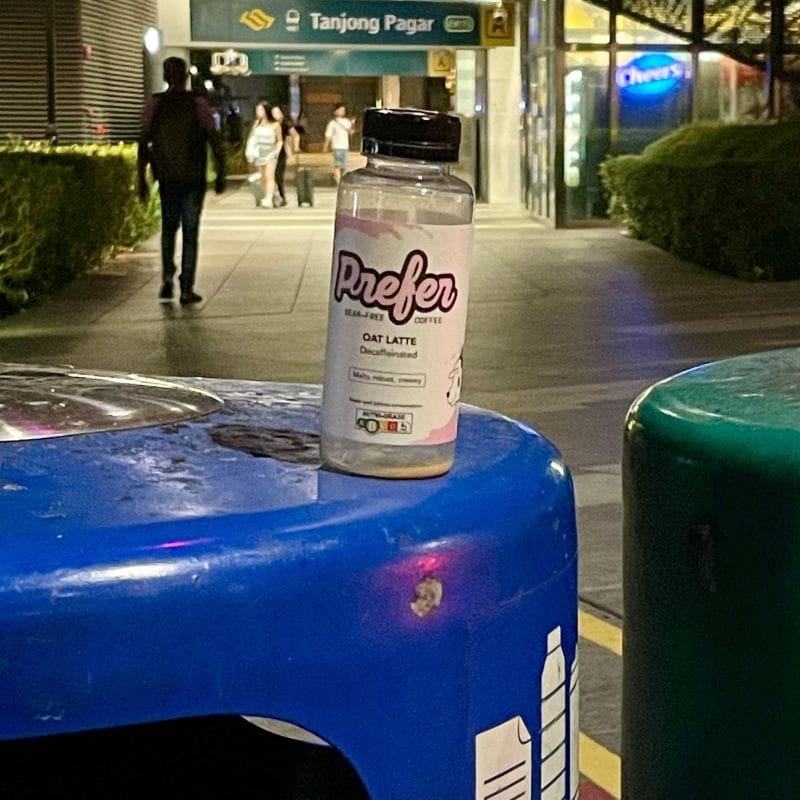
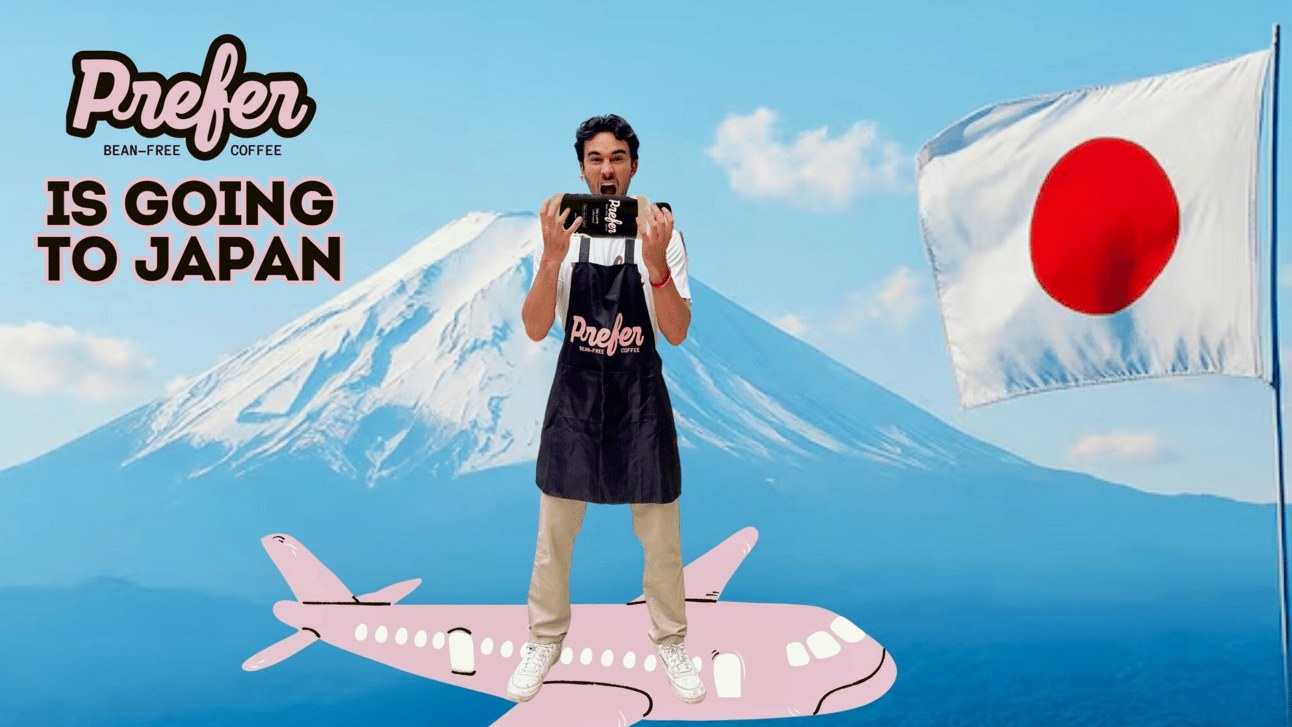
Reply